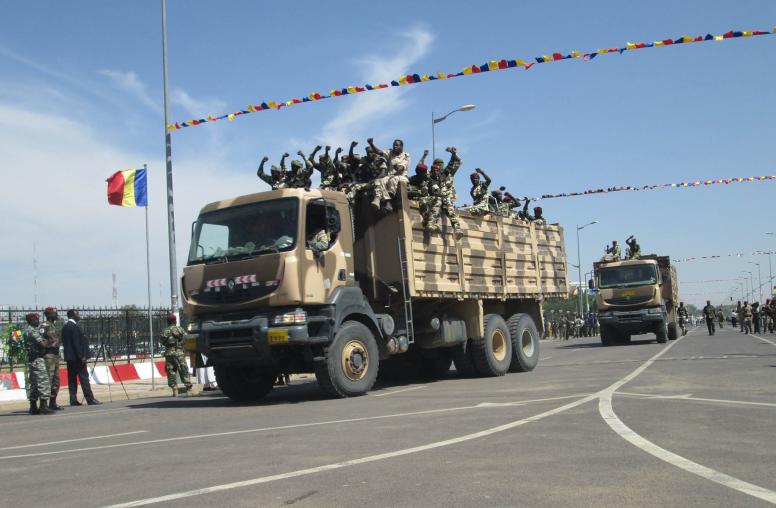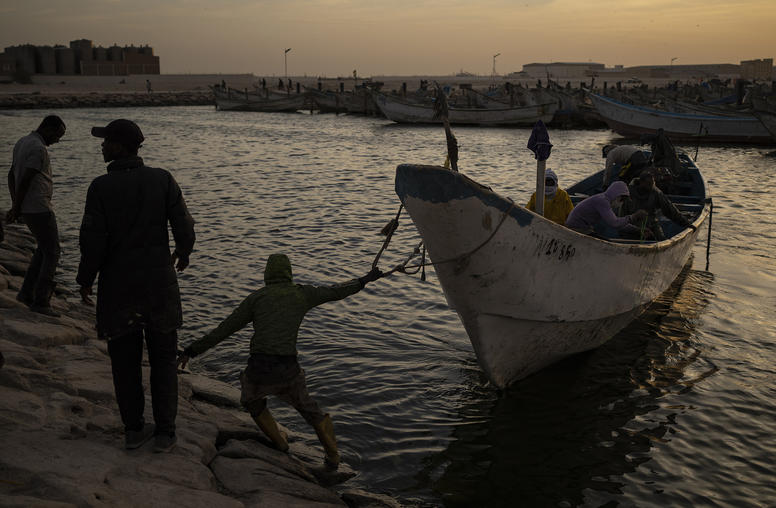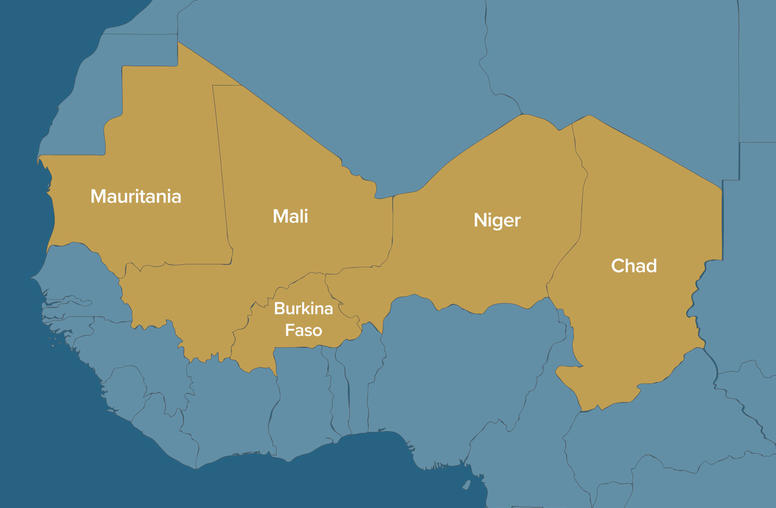 Chad
Chad
Since the 2021 death of then-President Idriss Deby, Chad has experienced a military-led transition culminating in new elections in 2024. Political tensions and refugee flows from Sudan continue to challenge internal stability in Chad, a pivotal country to avert an aggravation of regional instability and spread of extremism in the wider Sahara. Since 2023, USIP has worked with local peacebuilders and U.S. and Chadian officials to support a peaceful transition and mitigate violent conflict. USIP initiatives include trainings to broker local peace deals and resolve disputes in Chad’s south while addressing cross-border threats from extremist groups in the Lake Chad Basin.
Featured Research & Analysis

At the Sahel’s Center, Tension Rises Over Chad’s Disputed Election
A disputed presidential election in Chad last week is making few global headlines, but poses new risks to African and international efforts to reverse the Sahel region’s spreading instability, conflict and human displacement. Chad is centered in the world’s largest belt of military rule: six nations across Africa that have suffered armed coups since 2020. Among them, Chad is the first to hold elections to restore civilian rule. But a string of setbacks to a fully credible vote has yielded a contested result that risks further domestic conflict and a narrowing of popular legitimacy for the next government, led by the incumbent transitional president, Mahamat Idriss Deby.

For Sahel Stability, U.S. Needs Broader, Coordinated Policy
As military coups and violent insurgencies have spread across Africa’s Sahel over the past decade, U.S. policy has professed to recognize and address their interconnections across the region, notably through the Trans-Sahara Counterterrorism Partnership. Yet this effort remains insufficient to meet the scale and complexity of the violence and the underlying failures of governance.

Senior Study Group for the Sahel: Final Report and Recommendations
The United States has not traditionally viewed the Sahel as a region of vital interest, whether in terms of security or from an economic or business perspective. This has led to a pattern of reactive involvement shaped by the circumstances of specific events rather than proactive commitments. This pattern reveals the lack of a comprehensive strategy for the volatile Western Sahel region, which includes Burkina Faso, Chad, Mali, Mauritania, and Niger. In April 2022, President Joe Biden announced that the US government would advance the “U.S. Strategy to Prevent Conflict and Promote Stability” in coastal West Africa by prioritizing a partnership with Benin, Côte d’Ivoire, Ghana, Guinea, and Togo.
Current Projects

Bipartisan Senior Study Group for the Sahel
In May 2021, USIP created the Bipartisan Senior Study Group for the Sahel comprised of 12 current and former high-level U.S. officials, renowned academics and prominent Africa experts. The senior study group aims to generate new insights into the complex challenges facing the Sahel region, including food security, human rights, security assistance, private sector development and job creation — as well as great power competition. The senior study group will provide original recommendations to the U.S. government and governments in the Sahel region to improve foreign assistance, resolve conflict and support lasting peace.